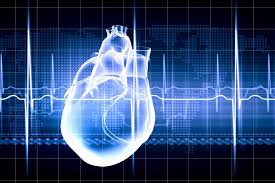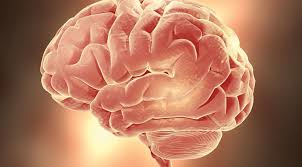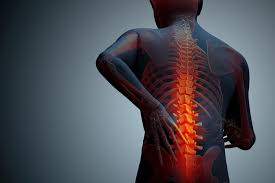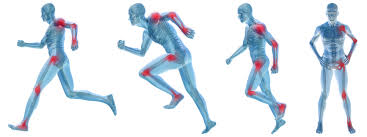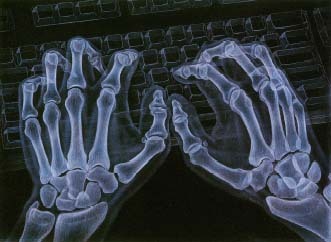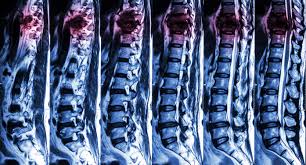Traumatic Brain Injuries
Traumatic brain injuries (TBI) often result from a blow or jolt to the head or a penetration of brain tissue by a foreign object. In the employment context, workers usually experience a TBI following a strong hit to the head, electrical shock, exposure to toxins, spinal cord injuries, strokes, heart attacks, a violent shaking, or penetration by a nail or bullet.
TBIs can cause a wide range of physical and psychological symptoms many of which are not immediate and are often overlooked by physicians on initial evaluation. The physical symptoms can include loss of consciousness, confusion, disorientation, headaches, vomiting, disturbed sleep patterns, fatigue, drowsiness, dizziness, loss of balance, seizures, and loss of coordination. The cognitive or mental symptoms may include memory loss, difficulty concentrating, mood swings, sadness, depression, anxiety, confusion, combativeness, and slurred speech. TBIs are also related to sensory problems such as blurred vision, incessant ringing, altered senses, and over sensitivity to light, sound, crowds, or busy situations.
In addition to the above symptoms, TBIs may also cause pituitary trauma, hormone deficiencies, vision dysfunction, and dysfunction of the vestibular (part of the inner ear which regulates balance and spatial orientation).
Diagnostic testing to determine objective findings may include a CT scan to the brain, an MRI, an EEG, and a thorough neuropsyche evaluation. However, even in the absence of positive test results, a TBI may still be diagnosed by a physician based on history, symtomatology and evaluation. If you are experiencing symptoms that may be related to a TBI, with proper medical documentation, you may have a viable workers’ compensation claim. You should seek qualified legal counsel with experience in this specialized field to help you obtain the best medical treatment and maximize your legal options.
Rowen, Gurvey, & Win, with decades of experience in navigating the worker’s compensation system, has unparallelled expertise in handling cases of injured workers who have sustained traumatic brain injuries. Please see Belling v. State of California/Department of Transportation under “RGW Significant Cases” on this website for an example of a case where a ruptured aneurysm caused a brain injury and the WCAB ruled in favor of the applicant and his wife who provided home care.
Our firm is well equipped with the experience and resources that you need to fully understand your rights under worker’s compensation law, get the medical care that you need, and develop a strong legal case so you can obtain the benefits that you are entitled to, including payment of disability benefits, coverage for medical expenses, a potentially considerable settlement, or an award at court.
Please see the Frequently Asked Questions (FAQ) section of our website for further information on the California workers’ compensation system and the benefits to injured workers provided under the California workers’ compensation laws.
For further information and a free consultation, please contact us: (818) 981-9960.
